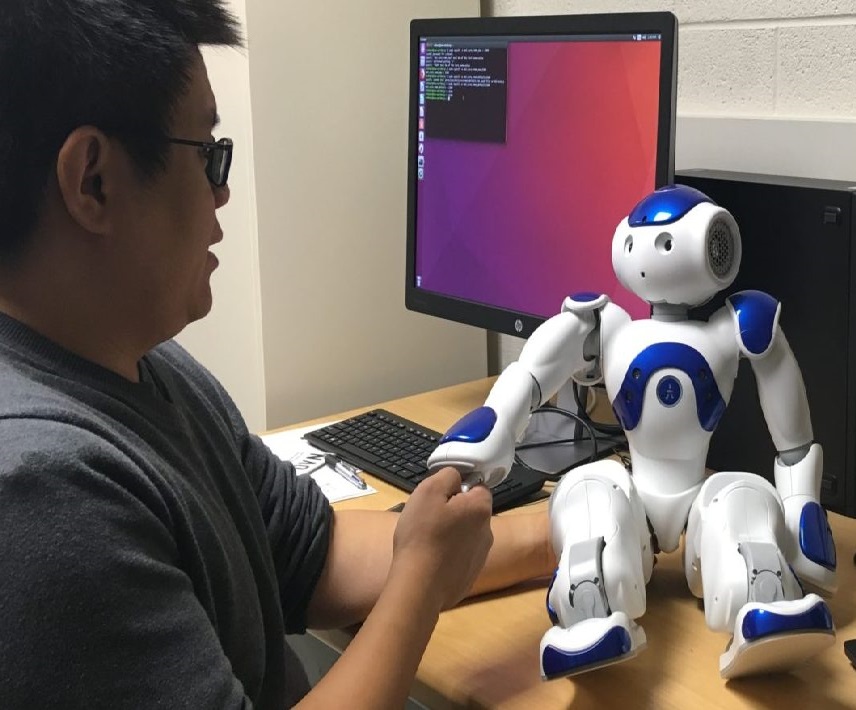HFES-Related Courses At UM
Fall Semester
Winter Semester
HFES-Related Research Groups at UM
University of Michigan Center for Ergonomics

The Center for Ergonomics operates within the Department
of Industrial and Operations Engineering in the College of
Engineering. We have a long-standing history and
distinguished record of research in the areas of Cognitive
Ergonomics, Biomechanics and Work Physiology and Safety.
We also provide instruction, both to graduate students in
various departments across campus as well as professional
ergonomists, engineers, and designers in private industry
through our continuing education courses. Students,
research scientists, and research sponsors are drawn to
the Center because of its faculty who are experts in a
broad range of topics in Cognitive and Physical Ergonomics
and because of the Center's extensive resources,
state-of-the-art laboratories, test equipment, expert
staff, and computer systems.
University of Michigan Transportation Research Institute (UMTRI)

The University of Michigan Transportation Research
Institute is dedicated to achieving safe and sustainable
transportation for a global society. With a
multimillion-dollar research program, broad faculty
expertise, and multiple collaborators, UMTRI is committed
to interdisciplinary research that will ultimately
increase driving safety and further transportation systems
knowledge. Their focus include driver's behavior, injury,
biomechanics, data fusion, and connected vehicles.
The Human-automation Interaction and Cognition Lab (THInC) at UM

- Design and evaluation of multimodal interfaces (including sight, sound, and touch) in support of human-computer interaction and computer-supported collaborative work
- Support for attention and interruption management through adaptive notifications and preattentive reference
- Design of decision aids that support trust calibration and adaptive function allocation
- Human error and error/disturbance management
THInC Lab conducts research primarily in the context of highly complex event-driven domains, such as aviation, the military, space operations, medicine, and the automotive industry. The main research interests include:
Interaction & Collaboration Research Lab (ICRL) at UM

The Interaction & Collaboration Research Lab (ICRL) aims to understand
how humans interact and collaborate with each other, with autonomous agents
and with robots, and to propose design solutions facilitating such
interactions and collaborations.